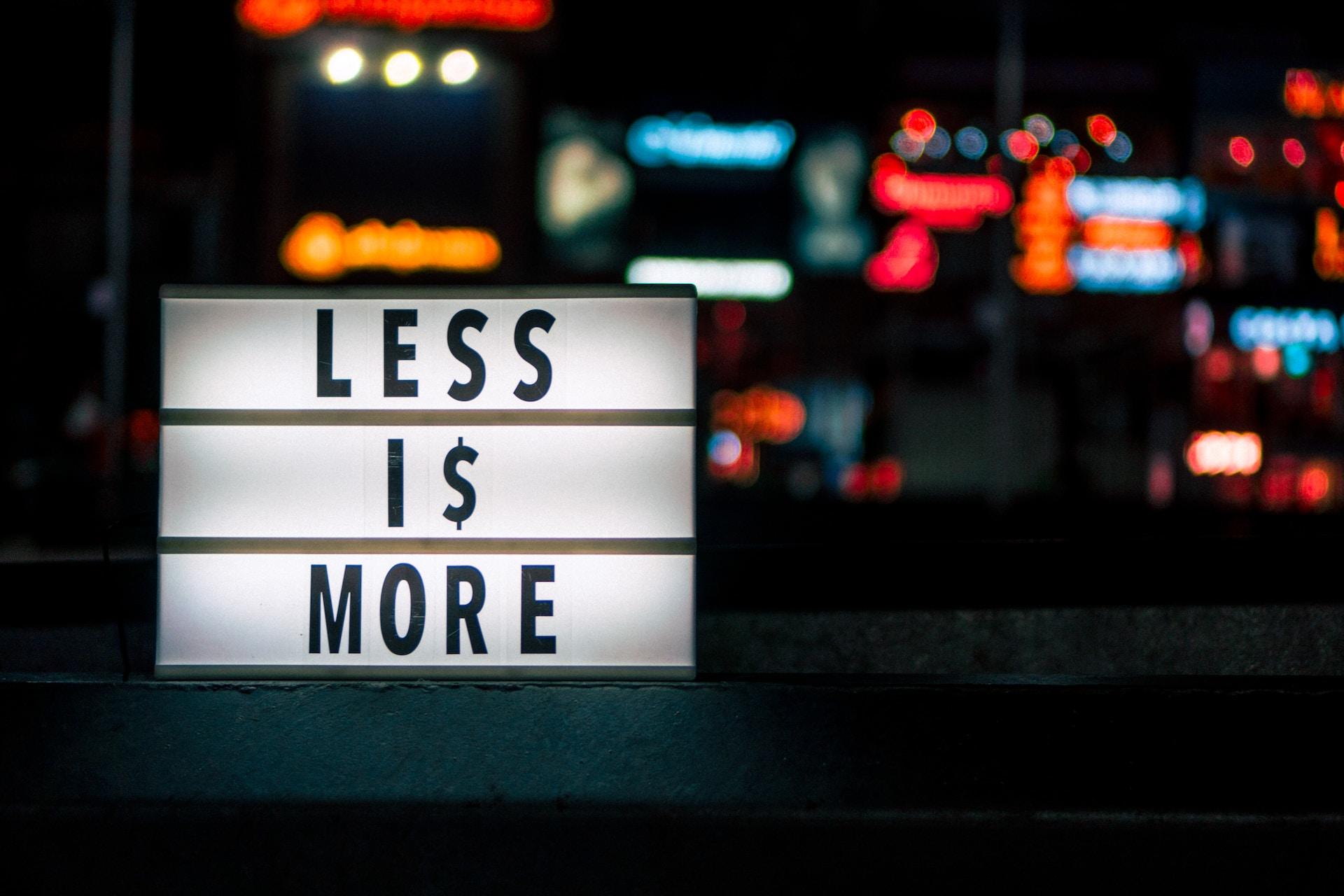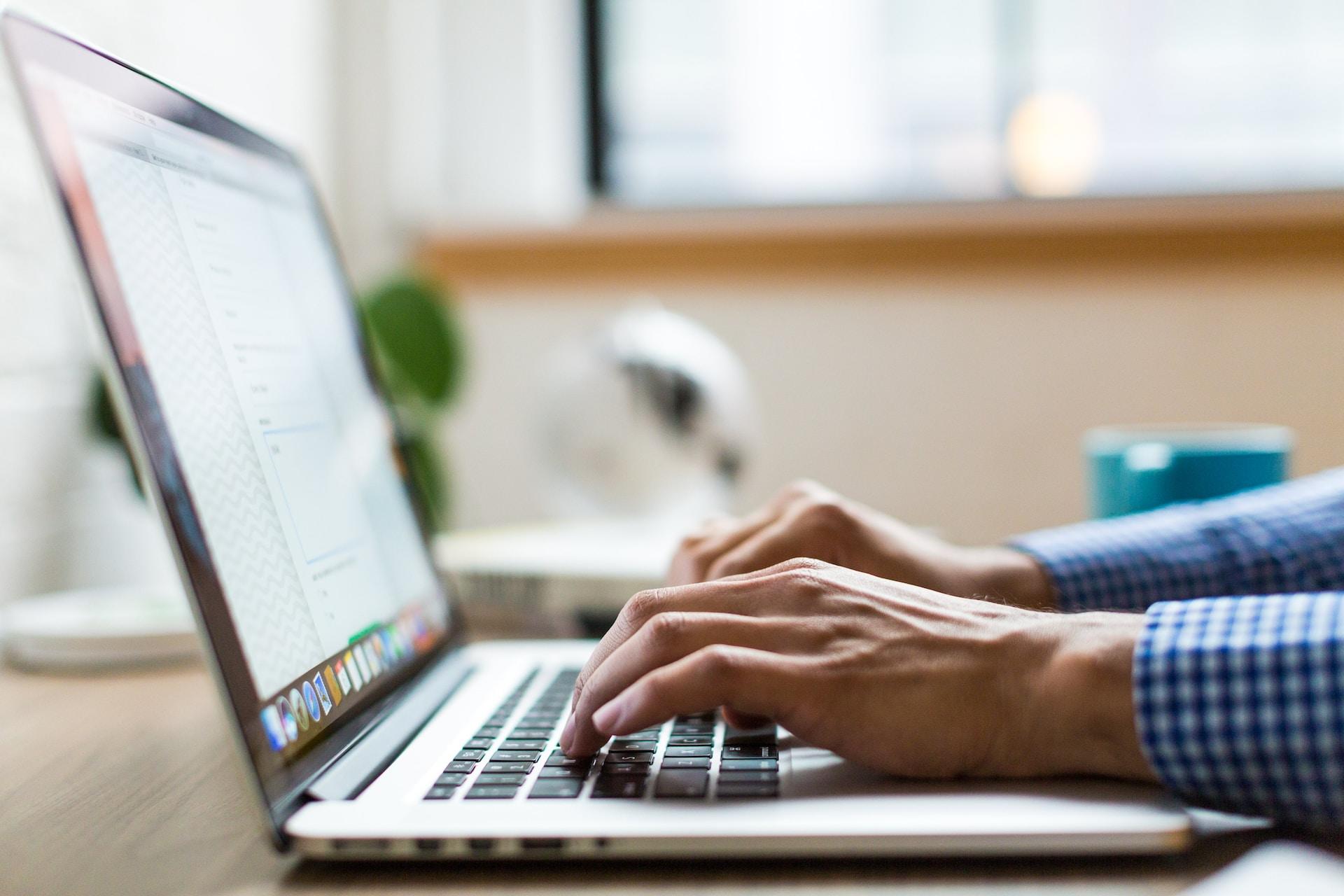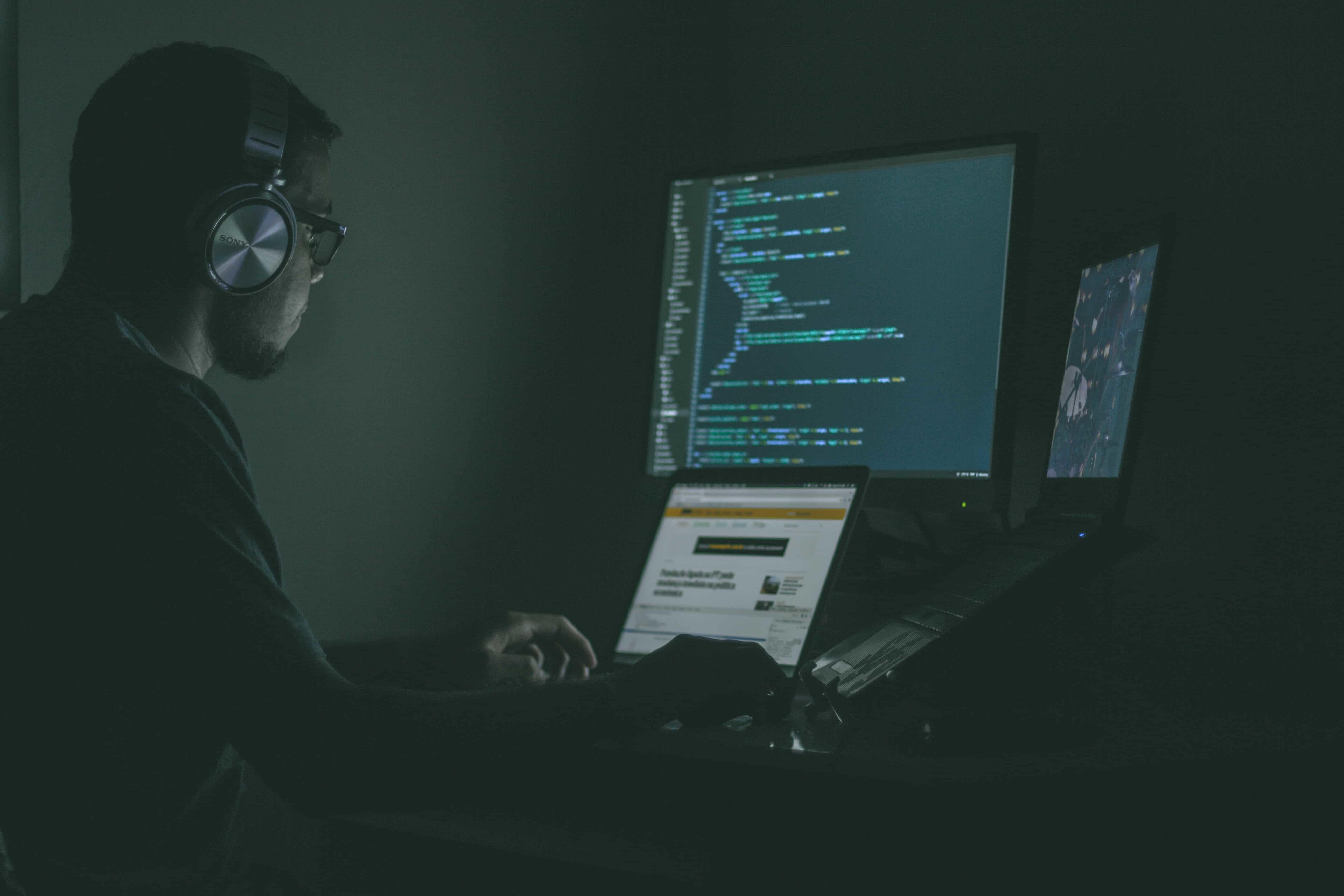Internet safety is also called cyber safety; it's all about - yep, you guessed it, staying safe online. In our hyper-connected world, it’s no surprise that most people daily dedicate entire blocks of time to the internet.
We need to stop and think about the steps we should take to ensure we aren’t at risk of internet scams. We have to watch out for hackers and make sure we're not on the receiving end of some other nasty digital wrongdoing.
So you might be asking yourself, what are the steps I can take right now to protect my personal data and privacy? Which online safety tips should I follow? Luckily for you, we’ve compiled this list to show you how to stay safe online.
We give you actionable steps to help you go from an internet safety novice to a digital wizard.

How to Stay Safe Online: Less is More
As cliché as it may sound, less is truly more when it comes to what you decide to share on the internet. It might be tempting to share every last detail of your life online. Social media platforms like Tiktok make it ever easier to upload every facet of your life and doings.
But doing so can come back to bite you later down the line. Social media safety is as important as ever these days.

Time and again, people in the limelight are held to account for what they said or did months and years ago. They may have held different views back and may even feel like they are completely different people today.
All you have to do is search for tweets celebrities regret posting, and you’ll have plenty of cringe-worthy material to go through.
It doesn’t only apply to celebrities though, since any of us can have our old information brought to light. 'What's online stays there forever' is an internet truism to take to heart. It pays to be conservative with the amount of personal information we choose to share.
When you do share information, heed the words of Digital Responsibility: ‘assume that nothing you share online is private’. A sobering thought providing a stark reminder that whatever you post online will likely be there for all eternity.
Sharing less information online about your personal life helps you avoid identity theft and keep your professional persona intact. It can also protect you from having private disclosures used against you.
All it takes is a flash of anger or spite, or a desire for revenge. And then, you open social media to find something damaging someone posted about you. Having these platforms and Internet forums at our fingertips 24/7 is scary.
If our devices captured everything we ever said or did, it probably wouldn’t end well. Stay safe by not using the internet to vent or channel your anger.
Internet Safety and Malware
Are you familiar with the term malware? If so, you probably know that it is software designed to mess with your device and ruin your day. You can and should protect yourself from malware in different ways. Every digital citizen should reduce their risk of a malware attack.

Avoid Dodgy Downloads
Steer clear of websites that aren’t secure and never try to download from websites your device warns are not safe. Err on the side of caution because once you get malware, it can be hard to shake. There’s no need to refrain completely from downloading through the internet. It's fine to do so 99% of the time but for that off chance that something isn’t right, it’s worth making sure you are downloading from a legitimate source.
Phishing
As innocent as it sounds, phishing refers to the cybercrime of trying to get you to click on strange links via e-mail or social media. Always ensure you read through the text and check that who it’s coming from is a legit source. If the link seems to be from a big company or a celebrity you admire, verify their account before clicking.
If you have doubts, try to contact the organisation that allegedly sent the message to verify that it was actually them. Taking the time to verify helps keep your personal information and/or bank details safe.
Beware that cyberbullying can become an issue if someone chooses to target you for not complying with their phishing scheme.
Buy from Secure Websites
Check the Universal Resource Locator (URL) to make sure the website you're about to purchase something from is legitimate. If the website has ‘https:’ at the beginning of the URL, then you know it’s secure because the added ‘s’ stands for secure. You can also look for the padlock icon on the address bar to know that the site is secure.
If you're going to buy something from a website without these signs, make sure you research the company. Legitimate e-commerce sites offer testimonies from past clients' successful purchases.
Install Anti-virus Software
Anti-virus software is the best way to prevent your device from becoming infected with malware. Anti-virus software identifies and blocks viruses, which helps put your mind at ease about your devices' safety.
If your devices don’t currently have anti-virus software, they are at a higher risk of catching malware. A nice way to think of the software is as a personal bodyguard, there to protect your device and data from intruders.

Internet Safety and Online Privacy
Most people want privacy in their personal lives, yet they happily put their whole lives online without batting an eye. Being aware of that contradiction is the first step to maintaining privacy and staying safe online. What more could we do?
Privacy Settings
The next time you load up your browser (or once you’re done reading this article), look over your privacy settings. Find the settings tab for your browser to enable measures that will restrict what information marketers can find out about you from your browsing habits.
We’ve all had that strange experience of loading up Facebook and seeing an ad for shoes we were just looking at, haven't we?
Consider Using a VPN
A Virtual Private Network (VPN) is a valuable tool for when you’re away from your home Wi-Fi connection but need to access the internet while out and about. Using public Wi-Fi can be a recipe for disaster because they're often not secure. Your data could be at risk, especially if you use mobile payment apps through it.
Even if you don’t use these Wi-Fi networks for business, simply entering a login and password can be risky.
It's easy to overlook that we don’t always know that the Wi-Fi we connect to belongs to the coffee shop we’re in. Bigger companies take measures to have secure Wi-Fi but what about smaller independent coffee shops?
Devious people have been known to set up a network in the business' name to gain access to customers' data. Or they may simply hack into the network to intercept traffic.
This is where the VPN comes in. A VPN creates an encrypted route between your device and the Wi-Fi router. This will keep you anonymous and protect your data by masking your device's address.
Think of VPNs this way: you have your own personal connection to public Wi-Fi which is inaccessible to anyone else. Whereas without one, you are risking your data flying around with everyone else’s, ready for hackers to target.
Use Creative Passwords for Internet Safety
We can't stress enough that having strong, varied passwords is fundamental to staying safe online. So important is password safety that it tops our list of tips to stay safe online.
Hackers love to guess passwords so don’t give them an easy target. The more letters, numbers, and symbols your password contains, the less likely it will be that someone will be able to gain access to your account. Phone safety dictates that we shouldn’t go around shouting personal information from the rooftops.
In that same vein, we should not use easy-to-guess passwords to keep our accounts secure.
It’s also important to vary your passwords from account to account. Having a strong password should make it a lot harder for anyone to access your personal information.
But if they manage to break through, you don’t want them then having access to all of your accounts. We might say it’s good to have a strong password but it’s better to have a variety of different strong passwords.
A collection of strong passwords guarantees that a hacker gaining access to your e-mail account doesn’t also have access to your bank account. The first of our online safety tips for a strong password is make it long. The longer your password, the better, and the less chance a hacker has of getting into your account.
Add numbers and symbols in no particular order. The more random numbers and symbols, the better. And don’t write it down. It might be tempting to do so but then, you don't write your bank card PIN number down, do you?
Our final tip for how to stay safe online: use a password manager to keep all of your passwords safe.
Summarise with AI:
















